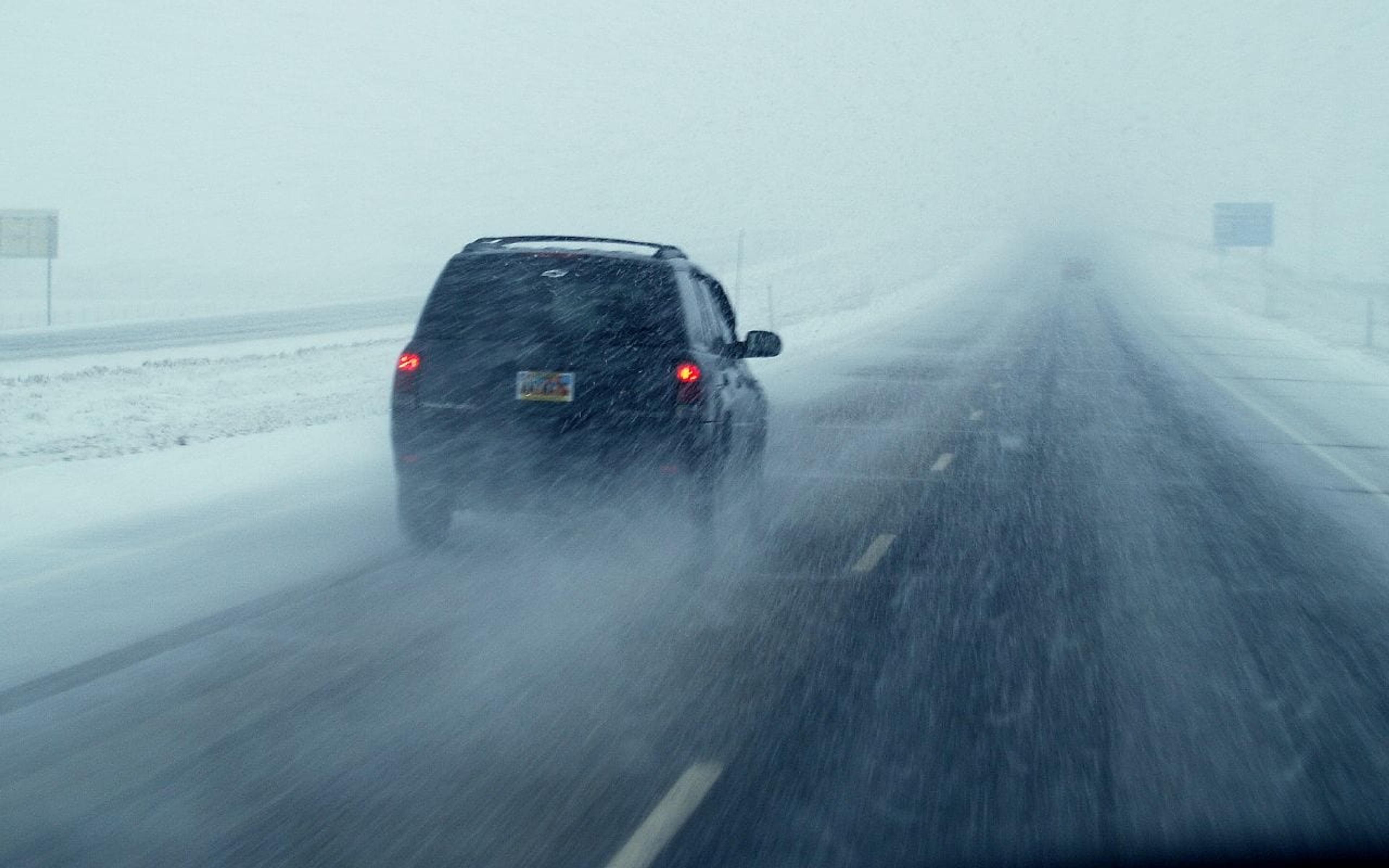Safe winter driving 101
| 3 min read

It’s the most wonderful time of the year…and the most dangerous time on the roads. According to the National Safety Council, fatal crashes are 14 percent more likely to happen on the first snowy day of the season than on the days following the storm. It seems to take drivers a few days to regain their skill of driving in bad weather.
Though you should always pay close attention to the roads, winter driving has extra elements to be aware of. Here are important ways to prepare you and your car for the icy, snowy, cold months ahead.
Winterizing your vehicle:
- Keep your fuel tank full. This helps to keep the gas from freezing and a full tank means you won’t risk running out of gas during a slow commute home.
- Check your antifreeze concentration. Your car should have a mixture of 50 percent antifreeze and 50 percent water. Many auto shops will check this for free – take advantage of that!
- Add de–icer to your windshield fluid. This will help keep your windows free of winter sludge and ensure your view of the road is clean and clear.
- Stock winter essentials in your car. The list includes a blanket, gloves, hat, ice scraper, and flares.
- Make a list and check it twice. Before the roads get too perilous, follow this checklist to make sure each element of your car is up-to-par.
- Heater
- Defroster
- Battery
- Brakes (and brake fluid)
- Tires
- Lights
- Emergency flashers
- Exhaust
- Ignition
- Power steering fluid
- Oil
- Radiator
Winterizing your driving:
- Make sure you have 360 degrees of clear vision. Don’t just wipe clean a circle above the steering wheel. Take a few extra minutes to wipe off all of your windows so you aren’t surrounded by blind spots.
- Light up your car. While wiping all of the windows clean, give your lights the same treatment. Turning them on even in the day is a good way to help other drivers on the road know you’re there. It also illuminates the road in front of you – something especially important now that it gets darker earlier.
- Brake sooner. In icy conditions, it’s important to hit the brakes a little earlier to avoid skidding, especially before a turn. If you do start to skid, let off the gas and steer in the direction the rear of your car is going.
- Watch out for black ice and other road hazards. A good rule of thumb is: If the road looks slippery, it probably is. That’s because black ice often looks like a puddle from far away. Also keep in mind that bridges, intersections and side roads are especially hazardous during the winter.
- Turn off your technology. We know you never text while driving anyway, but when the roads are bad, it’s also worth avoiding phone calls and even fiddling with the radio.
When it comes to winter driving, the Michigan State Police is a great resource. Visit their Winter Travel Advisory website to check road conditions before traveling and call the MSP Travel Hotline at 1-800-381-8477 to receive road condition information.
Photo credit: Chris Runoff





